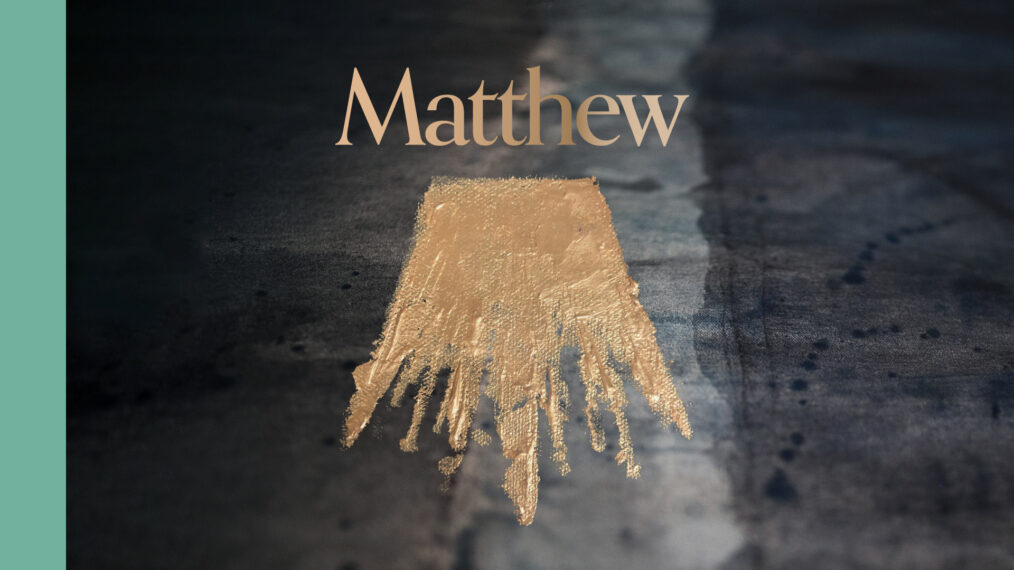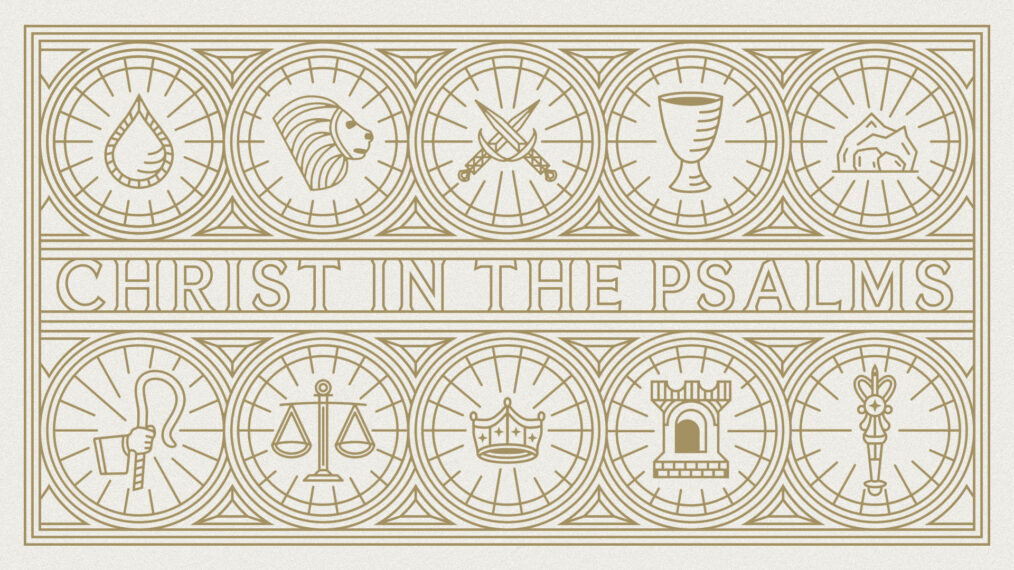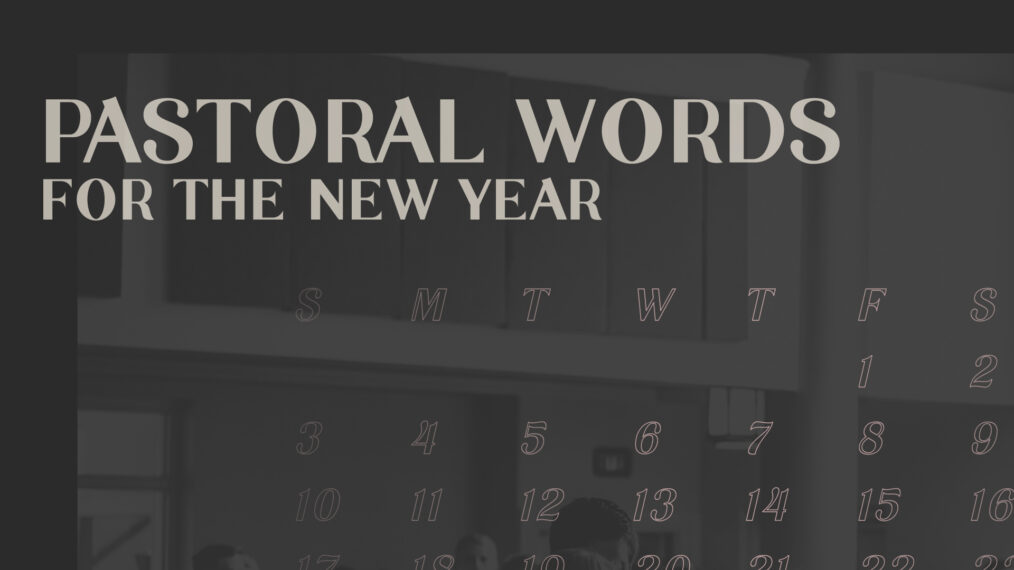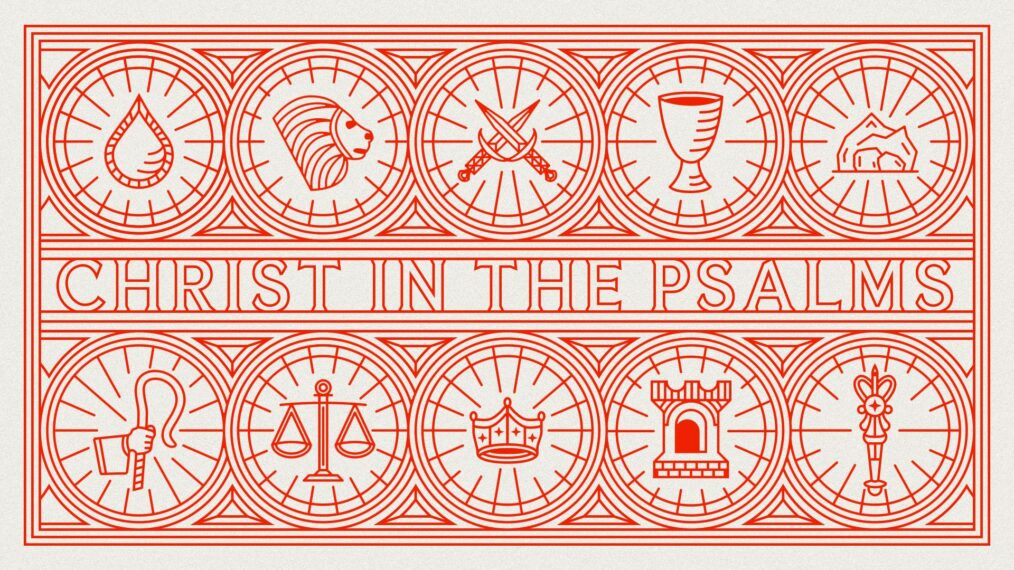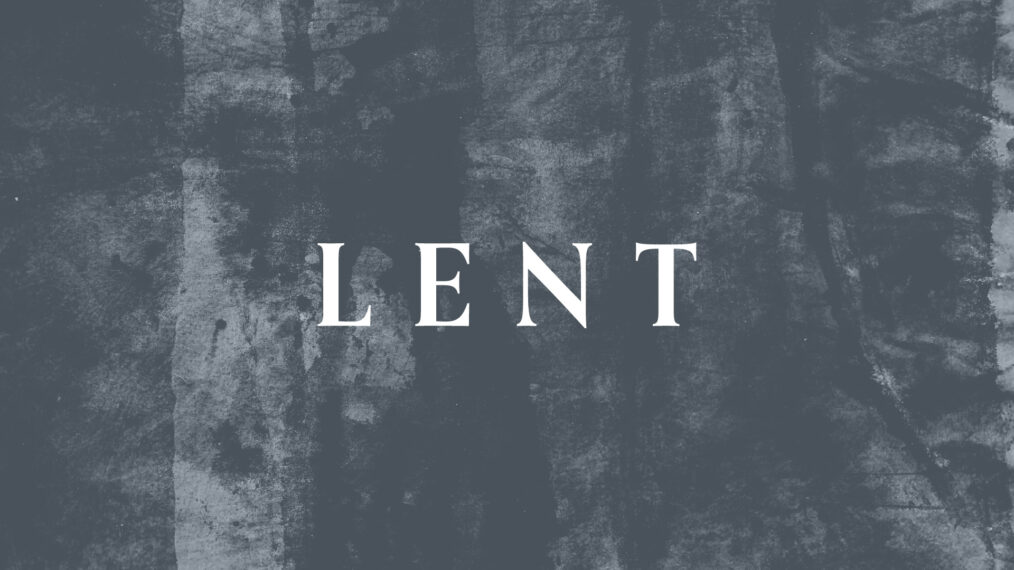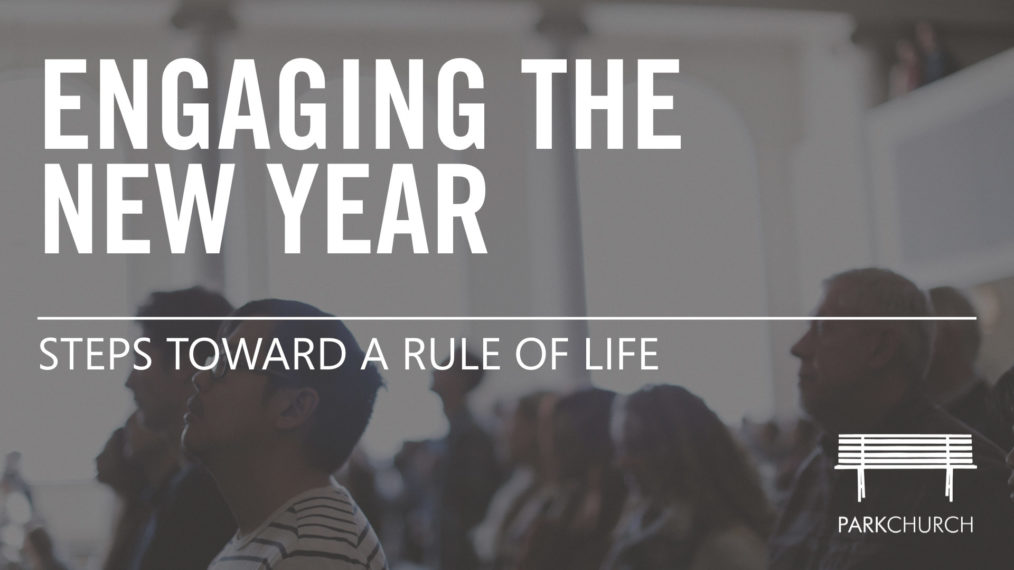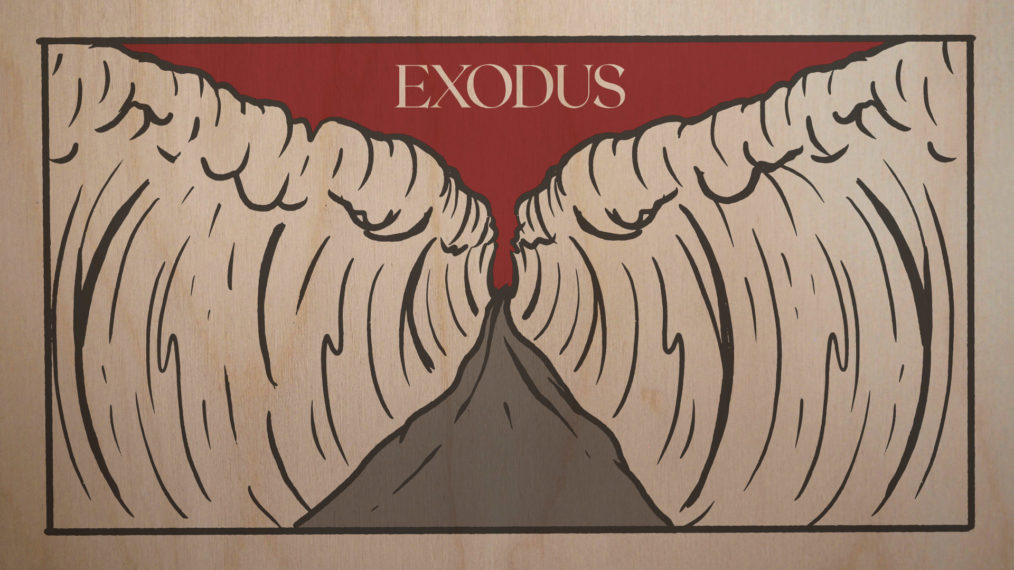Podcast: Play in new window | Download
This Sunday is week five of Christ in the Psalms 2021 at Park Church Highlands. We’ll be in Psalm 114.
Podcast: Play in new window | Download
Over the first three weeks of this year, we will share three Pastoral Words that we pray will guide our church family into the New Year.
WHY LENT?
Lent is the season of 40 days leading up to Good Friday and Easter. It begins on Ash Wednesday, continues through Holy Week, and is historically marked by themes of repentance, self-examination, and preparation before Easter. Those unfamiliar with Lent might associate this season with “doing penance” as those trying to earn God’s favor, but this is the furthest thing from the truth! Lent actually invites us to journey deeper into the Gospel. Lent has historically invited us into the drama of the life of Jesus, particularly focusing in on His 40 days in the wilderness immediately after His baptism. Jesus gave Himself to fasting and prayer and resisting the temptation of the devil. Unlike Israel in the wilderness for 40 years after the Exodus, Jesus faithfully obeyed and relied on His Father! We too ask God to meet us in this intentionally set-apart time, knowing our weakness and inability to do anything without His Spirit. May Lent lead us into increased intimacy with the Father, appreciation for the sacrifice of His Son, and dependence on the Spirit’s power in our lives!HOW DO WE ENGAGE IN IT CORPORATELY?
1. Ash Wednesday
We will begin the season of Lent with Ash Wednesday services on February 26th at 6:30am and 6:30pm at the Park Church building. This service will last about an hour, and we will engage in prayer and song together as well as receive the imposition of the ashes. Ash Wednesday is a day to stare at death in the face and acknowledge our mortality, to be honest about our sin and need for a Savior, and to joyfully remember we are not those without hope because of the work of Jesus! Kids are invited and welcome to be a part of this service.2. Corporate Prayer
Throughout the season of Lent, we invite everyone to consider joining us for corporate prayer in two contexts: Thursday Morning Prayer at 6:30am in the side gallery at Park as well as on Sundays for our Boiler Room Prayer at 8:15am in the basement. Children are welcome!3. Maundy Thursday
During Holy Week (the final week leading up to Easter), some Gospel Communities gather for Maundy Thursday, celebrating the night that Jesus instituted the Lord’s Supper, gave final instructions, and washed his disciples’ feet.4. Good Friday
We will celebrate with Good Friday services at 5:30 and 7pm on the evening of Friday, April 10, at the Park Church building. We’ll allow the Scriptures to take us to the scene of our Lord’s betrayal, arrest, trial, crucifixion and burial, setting us up for a deep celebration of Jesus’ resurrection on Easter Sunday.HOW DO WE ENGAGE IN IT PERSONALLY?
This year we’re inviting everyone at Park Church who is participating in Lent to engage in three kinds of spiritual practices: fasting, prayer, and generosity. We covered the basics in our “Engaging With Lent 2020” guide that we’ll be handing out on Sundays and Ash Wednesday, but here we’ll take a little bit of time around each practice but also share some practical ways of exploring each.1. Fasting
Fasting is one of those disciplines that most Christians know they should do, but rarely get around to it. The interesting thing is that it’s one of the disciplines we see Jesus doing (Matthew 4:1–11; 17:21), a discipline He assumes His disciples are doing (Matthew 6:16) and a discipline we see the early church continuing to do (Acts 13:1–3; 14:23). So what is it? David Mathis defines fasting as “voluntarily going without food—or any other regularly enjoyed, good gift from God—for the sake of some spiritual purpose.” Fasting ultimately is about refraining from one thing that we might engage more intentionally with another, namely God. Sam Storms comments, “The ironic thing about fasting is that it really isn’t about not eating food. It’s about feeding on the fullness of every divine blessing secured for us in Christ. Fasting tenderizes our hearts to experience the presence of God. It expands the capacity of our souls to hear his voice and be assured of his love and be filled with the fullness of his joy. Let me say it again: Fasting is not primarily about not eating food. It is primarily about feasting on God.” Practically speaking, there are a couple great ways of exploring fasting during Lent: One is called a whole fast, where you actually skip whole meals with the exception of water, juice, or liquids. This kind of fast can be hard for some people due to particular physical conditions so don’t just jump in without considering how it might affect you. A way of easing your way into this whole fast is simply by skipping breakfast and lunch on a day and eating dinner in the evening. Another way would be to do a 24 hour whole fast where you only drink water, juice, or liquid during that day. Many from Park will choose to do this together on Wednesday if you’d like to join us! Another way is called a partial fast, which could also be more tied to the season of Lent and called a seasonal fast. This might look like you giving up eating sugar or drinking alcohol. Others choose to give up things like social media, Netflix, etc. The important thing isn’t necessarily what you’re giving up, but what you do in the absence of that item and where it leads your heart. Fasting generally is never a solo discipline, but rather should always be practiced in conjunction with prayer.2. Prayer
We believe that prayer is an essential part of what it means to be both a human and a Christian. It’s about communion and communication with the God we were created to know and walk with. As we fast during this season of Lent, we also feast on God through prayer! We encourage everyone to find meaningful ways to pray corporately (see above for a couple corporate prayer times) and personally in this season. As far as personal prayer, we’re encouraging everyone to pray The Lord’s Prayer (Matthew 6:9–13) daily during the season of Lent. Many may choose to pray it first thing in the morning, starting their days by re-orienting their hearts to their Father in heaven! Others may pray it ongoingly and continuously during the day. However you choose to pray this prayer, we encourage you to open your heart as you do! This prayer isn’t intended merely to be a check box in order to feel good about yourself, but rather a launching pad for intimacy and communion with God Himself.3. Generosity
As we fast from food or particular hobbies that cost money, we want to be open to re-directing the money saved and invest that somewhere else. The God we serve is an insanely generous and kind God. How might you learn to imitate Him and His generosity? How might God be directing you to be generous with your time, energy, and money in this season of Lent? Is there an organization that Park works with that you can contribute toward (find a comprehensive list at love5280.org)? Is there a need that might come up in your neighborhood or friendships where you can assist in? This practice works in conjunction with fasting and prayer and aids in shaping us in becoming more Christlike. It’s a reminder that our spirituality affects all aspects of our lives, including our bank account and how we view money.Final Encouragement
Wanted to close this time by encouraging you in five ways:- Plan before Ash Wednesday. The longer you wait, the less likely you are to do anything.
- Ask God what His invitation is to you this Lent! Let Lent be part of your relationship with God. Talk to God about where He wants you to grow. Where have there been areas of struggle? Where is God shining a light and inviting you to walk more closely with Him in? David Powlison has some amazing questions called “X Ray Questions” that might be of help as we practice some of this self-examination. Here’s a short sampling of those:
- Where do you find refuge, safety, comfort, and escape? When you are fearful, discouraged, and upset, where do you run? Do you run to God for comfort and safety or to something else? (To food, to others, to work, to solitude?)
- What do you love? Is there something you love more than God or your neighbor?
- What do you want? What do you desire? What do you crave, long for, wish? Whose desires do you obey?
- What do you think about most often? In the morning, to what does your mind drift instinctively?
- When you are doing a menial task or driving alone in your car, what captures your mind? What is your mindset?
- What do you talk about? What occupies your conversations with others? What subjects do you tend to discuss over and over with your friends? The Bible says it is out of the heart that our mouths speak.
Your answers to questions these might help lead you as you process how to fast, pray, and be generous!
- Don’t take too much on. Keep it simple. If you take on too much, you’ll get overwhelmed. Take on 1–3 new practices. I’m going to fast from this on this day or the whole time; I’m going to gather for pre-service prayer at Park; I’m going to try to give some money to someone or something during that time. For parents, it might be doing one weekly devotional. If you’re not trying to add stuff in your world, consider just studying Exodus which we’re going through as a church more closely.
- Share your plan with a friend or spouse, and then chat with them during the time about how it’s going.
- Don’t be discouraged by failures. Let any failures lead you back to the truth that God is more gracious than we are sinful! He’s kind. John Newton said, “Our sins are many, but His mercies are more: our sins are great, but His righteousness is greater: we are weak, but He is power.” What a truth to celebrate as we jump into Lent!
Resources
On the Christian Year “Living The Christian Year: Time To Inhabit The Story of God” Bobby Gross “Ancient Future Time” Robert Webber On Lent “Lent for Everyone: Matthew” NT Wright (we will have some copies available in our bookstore) “Jesus Keep Me Near The Cross” A series of writings compiled by Nancy Guthrie “Why Lent” Park Church Podcast “The Christian Year: Lent” Musical, visual, and spiritual resources from Park Church and others for the season of Lent On the Lord’s Prayer “The Lord And His Prayer” NT Wright “The Lord’s Prayer: A Guide To Praying To Our Father” Wesley Hill “Dallas’ Personal Daily Practices” Dallas Willard on how he uses the Lord’s Prayer daily. “A Simple Way To Pray Every Day” A short blog from Desiring God on how to use the Lord’s Prayer. On Fasting “A Hunger for God: Desiring God through Fasting and Prayer” John Piper (click here for a free PDF of his book) Prayer Apps Daily Prayer App Lectio 365Podcast: Play in new window | Download
On Ash Wednesday, I quoted an interaction I had with Sarah Dickey over email about the verse we were looking at (Psalm 90:12) and what God has taught her through the loss of her husband last year to an aggressive form of cancer. Many asked me if I could send them what I shared, and Sarah graciously allowed me to share this more broadly. I pray it’s encouraging!
“So teach us to number our days that we may get a heart of wisdom.” -Psalm 90:12 Walking through terminal illness, the dying process, death of my life partner and then continuing to live with the immense grief and pain that followed while raising two little kids has brought me to a mental space I didn’t know existed before. When I think about what it means to “number our days”… I think, those days ultimately aren’t ours to begin with. Keith used his earthly days to exercise and train so he could climb harder. He worked long, physically demanding days as a route setter, to improve his trade. He spent late hours shaping climbing holds, to expand his line. Gave endless energy to house renovation projects, bringing ideas to fruition. Gave afternoons to watching football. Or practicing music. Or serving the church. Or resting. 10 years as a husband. 3 1/2 years as a father. 37 years as a son. 35 years as a brother. 20ish years as a believer August 12, 1980 – February 8, 2018 That’s it. The number of Keith Michael Dickey’s days. That’s not easy to write. Feels harsh and somehow still not true. Yet here we are. What did I learn as I watched what Keith wanted from life and worked for with his days, where a tangle of serving God and himself existed… slip from his desperate grasp? As I waited for his last day on this side of eternity, for his last breath from the wretched body that betrayed him? I learned to hold this life, these days with the most open of hands. I can serve and love God and his Creation with what he has given me. I can ask Jesus for forgiveness and confess when I fail. I can honor brokenness and cling to a deep hope in future glory. But I can’t make the days my own. God holds them, they aren’t mine; they never were. I think this painful yet freeing understanding, reached by way of cancer and death and grief and solo parenting, has given or yielded in me a wise heart… or heart of wisdom as they say.

